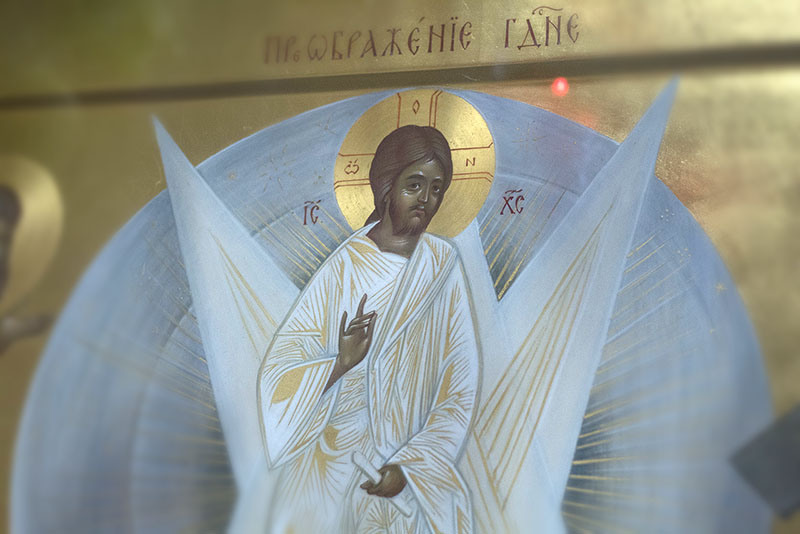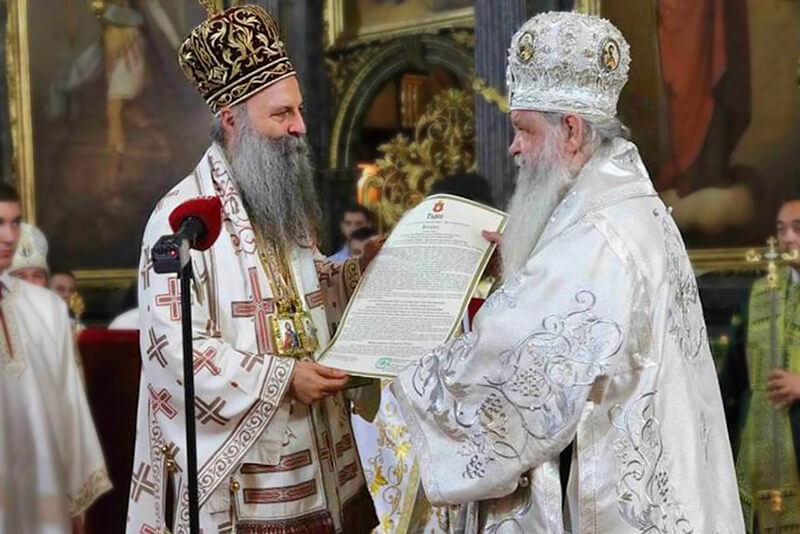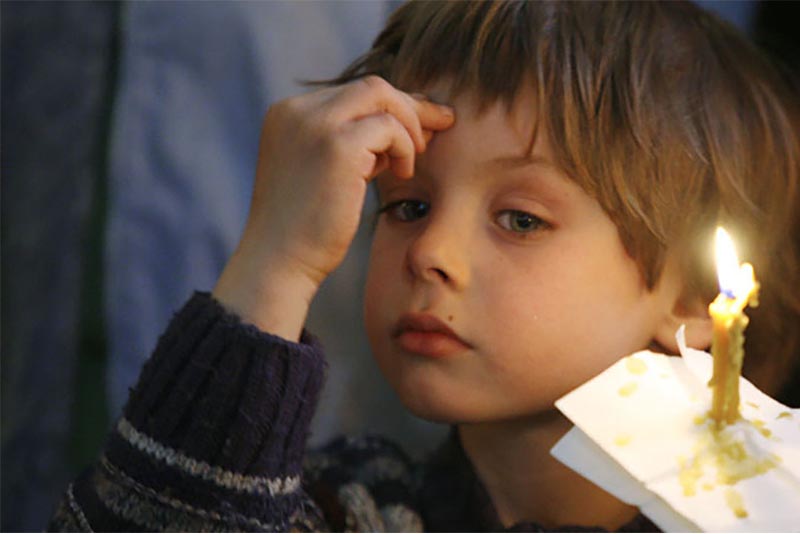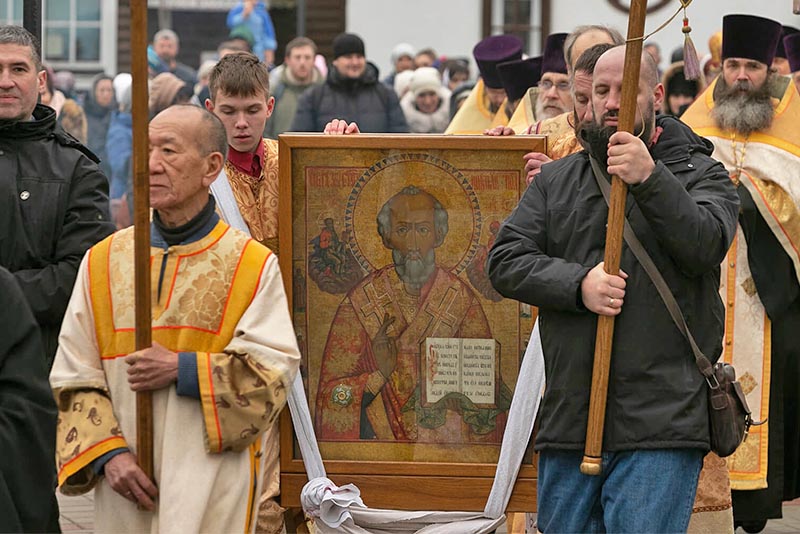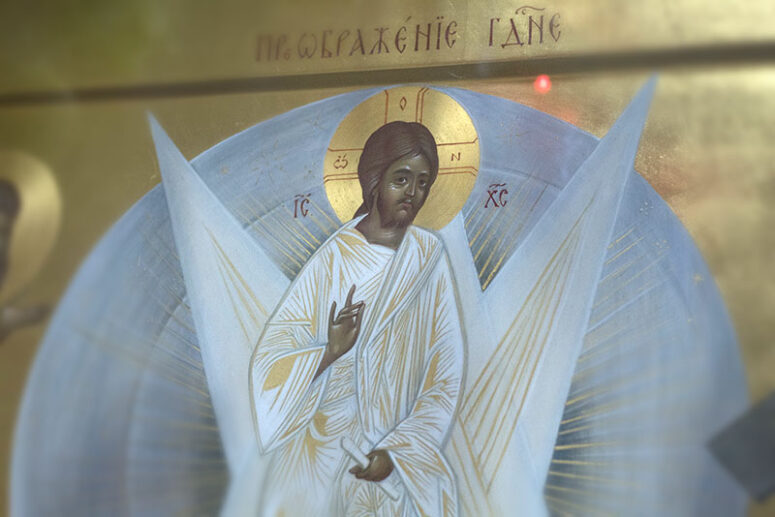
Theosis as deification
Translated from old Greek, theosis means “deification”. It conveys the idea of man’s return to the original image of God and His likeness. In this homebound journey, we tap into the Lord’s Divine Energies and participate in His Divine Nature. Theosis, therefore, describes the ultimate goal and meaning of a Christian’s life.
Origins of the concept
In the Scripture, God created man in His image. Free will, our immortal soul, intelligence and creative abilities are some inalienable aspects of this image. We cannot surrender any of them, nor can anyone take them away from us. We achieve our likeness to God to the extent that we realise these God-given capabilities.
With their original sin, Adam and Eve distanced man from God and transformed the world beyond recognition. Their fall from grace opened the door to violence, famines, illnesses and death in our world. The image of God in man became distorted, and we lost the gift of direct communion with Him. Only the redeeming sacrifice of Christ and the revelation of His truth restored the possibility of Man’s return to the likeness of God.
In the New Testament, the teachings of Christ and the apostles proclaimed deification as a potentiality and also as our fulfilment of God’s providence for the human race: “I do not pray for these alone, but also for those who will believe in Me through their word; that they all may be one, as You, Father, are in Me, and I in You; that they also may be one in Us, that the world may believe that You sent Me. (John 17: 20 – 21; see also 1 Corinthians 2:16, 2 Peter 1:4).
Saint Irenaeus of Lyons, a holy martyr who lived in the second century and a Holy Father of the Church, thus summarised the doctrine of theosis: “The Son of God became the son of man so that that man might become the son of God”. Saint Athanasius the Great defined theosis even more succinctly: “God became man so that man could become like God”.
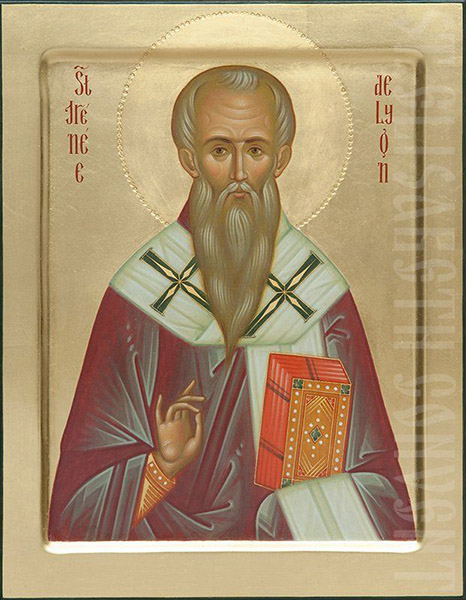
Theosis in Orthodox and non-Orthodox theology
Orthodox theology explicates theosis through the doctrine of Divine Energies (for a more detailed discussion of the Divine energies, follow this link).
Theosis is given to us by the mercy of God, who bestows on us His gift of participation in His grace. During Christ’s Transfiguration on Mount Tabor, the Apostles saw Christ amid His divine energies. With him, they saw the prophets Moses and Elijah. The prophets too were encircled by the Divine radiance: they achieved deification, by participating in the Divine essence.
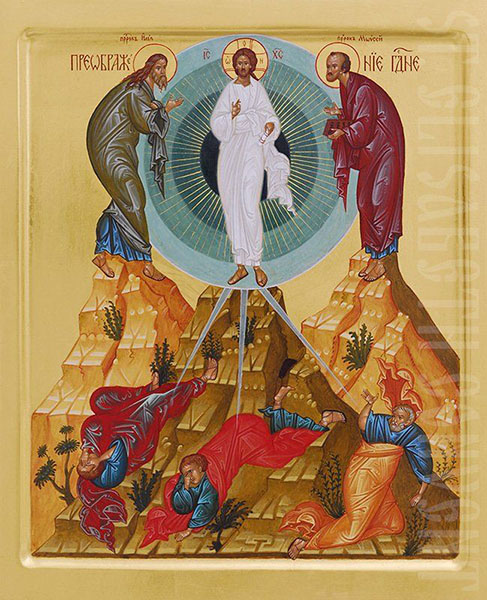
Importantly, theosis does not make us consubstantial to God. The Divine Nature attainable to us is nothing else but our human nature sanctified by Christ. Through Him, it acquires a likeness to the human nature of Adam and Eve before the original sin, exceeding in perfection. The Divine Energies in which we partake do not result in the natures of man and God being mingled. Therefore, the Orthodox doctrine of deification has nothing in common with the pantheism of many Oriental religions, where, by achieving consubstantiality with God, a man gives up his nature and individuality.
The Catholic teaching recognises deification as a possibility, albeit with major reservations. The Orthodox doctrine affirms the uncreated nature of the Divine Energies, viewing them as direct actions of God and His Grace, i.e. as the action, not the essence of God. The Catholic doctrine views such energies as created, and not as God’s direct manifestations. In sum, the Catholic doctrine accepts the notion of theosis but denies the possibility of direct communion with God by partaking directly in His uncreated grace.
Some Protestant denominations – such as the Methodists – have doctrines resembling the Orthodox doctrine of deification. However, these teachings are still remote from the notion of theosis as taught by the Orthodox faith.
How to make progress toward Theosis
Theosis is God’s Divine gift to man and the result of a co-working between man and God. We cannot deify ourselves by ourselves, nor will God grant His gift of theosis to anyone who does not desire it.
A universal recipe for theosis does not exist. We are deified through a personal relationship between us and God. Yet no one can achieve theosis unless they practise humility, ascetic doing, prayer and the sacraments of the Church.
According to some church fathers, theosis was God’s original plan for all mankind. Others contend that our original sin precludes the possibility of our theosis. Some have even argued that Christ would have come to earth even if Adam and Eve had not fallen grace, to raise man’s life to a new level of purity.
Yet these different views underline one obvious truth: God expects us to grow in His likeness, and will not abandon us in our journey to fulfil His will.

